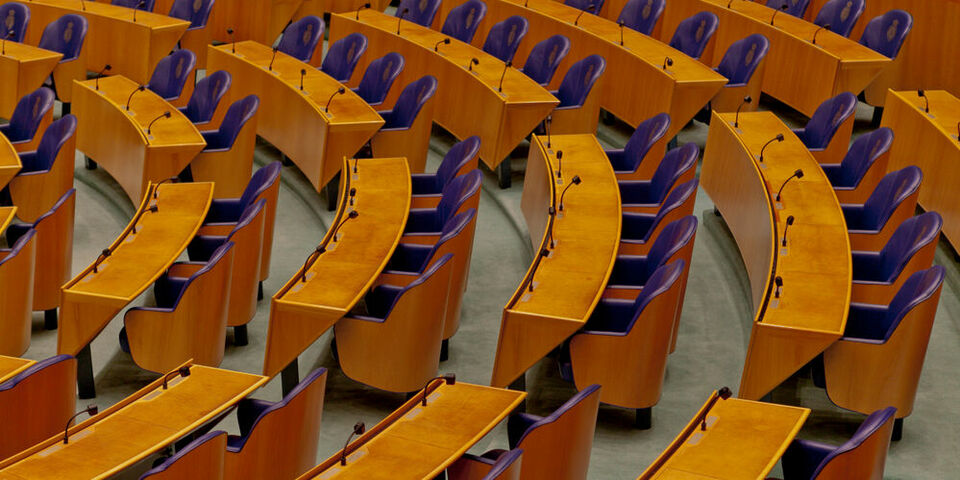For two days, the House of Representatives debated the State Budget for 2023. The rising energy costs were an especially hot topic, as the Cabinet is set to introduce price caps for gas and electricity, in addition to other measures to shore up purchasing power.
According to the Cabinet, students don’t need a 1,300 euro energy allowance, given the effect of the support measures. The opposition finds this incomprehensible.
Unfathomable
So what about the lawsuit brought against the City of Nijmegen by a student this summer, in which the court ruled in favor of the student? Party for the Animals leader Ester Ouwehand called it “unfathomable” that the Cabinet would stick to its policy given this verdict.
Prime Minister Mark Rutte saw things differently. He pointed to the 35 million euros the government has allocated for extreme cases, which municipalities can use to offer students ‘individual special assistance’.
“And we’ll just ignore the court ruling”, Ouwehand scoffed. “I’m glad it all makes sense!” She then tabled a motion to give students access to the energy allowance. The proposal was supported by the entire opposition, but coalition parties VVD, D66, CDA and ChristenUnie, which together have a majority, blocked it.
A similar motion by Caroline van der Plas (BBB) was also rejected. Students often pay for their energy through their landlord, she said, and households that share an energy meter should also be compensated.
Bad luck generation
Rutte also briefly crossed swords with Sylvana Simons (BIJ1) on student debt and the high costs faced by students. Among other things, Simons wants proper compensation for both former and current students who didn’t receive a basic grant. The 359 euros per missed year currently on the table is insufficient, according to Simons.
The prime minister didn’t see the problem. “I’ve always hated the term ‘bad luck generation’,” he said. “The hundreds of thousands of students currently enrolled in higher education under the present system are doing so with decent support from the government through the loan system.”
The 359 euros per year of missed basic grants (totalling one billion euros) is not “compensation”, according to the prime minister. “After all, that would have required tenfold this amount.” According to him, the billion euros is meant “to recognize that we are moving from one system to another.”
Simons tabled a motion to ease the burden on students in various ways, which received strong support from other opposition parties, but ultimately foundered due to opposition from the SGP and the coalition.
English
The influx of international students also raised questions from the opposition. Rutte acknowledged that the number of foreign students contributed to overcrowded lecture halls and the student housing shortage. He assured the House that the minister of education was thinking about ways to control the number of international students, suggesting that institutions that want to reduce the number of foreign enrolees could opt to “switch back from English to Dutch."
Independent MP Pieter Omtzigt wants Dutch-taught classes to become the norm again regardless of the number of international students. He asked the government to draw up a plan together with the universities to make Dutch the primary language of instruction for bachelor’s programs within the next four years. A maximum of 20 percent would be exempted from the requirement. His motion was rejected.


Discussion